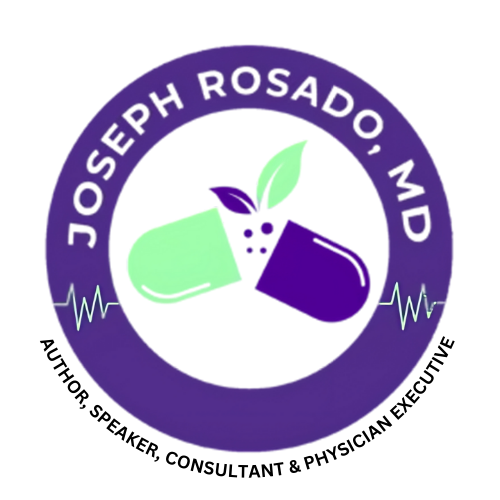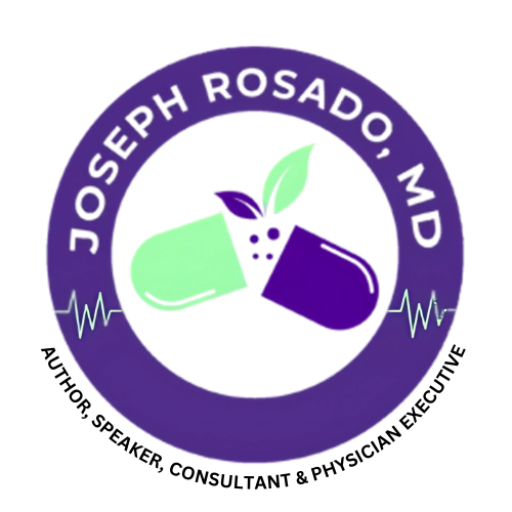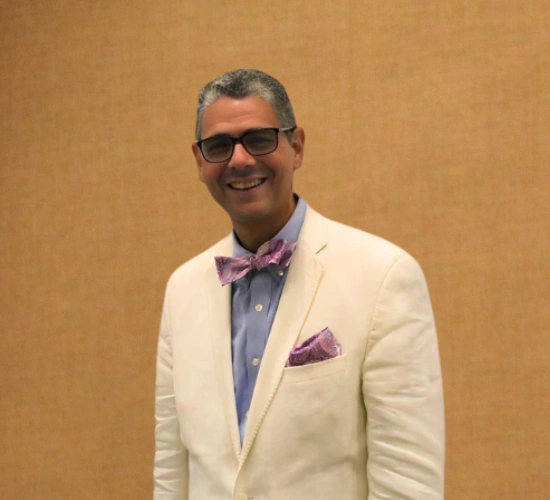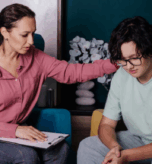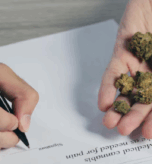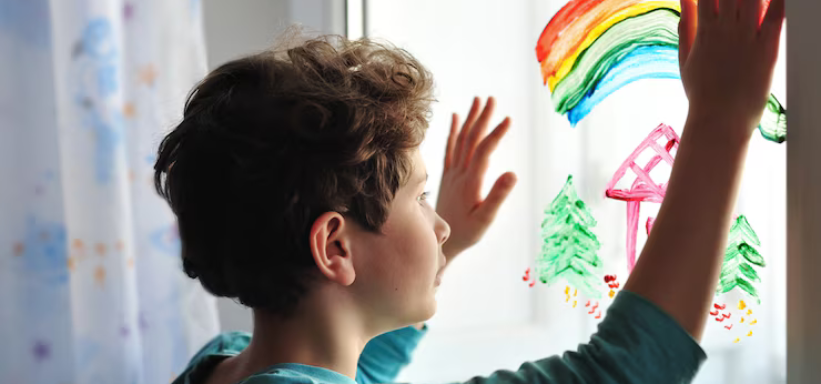
You know the terror of a sudden meltdown in the grocery aisle: your child screaming, unable to find words, and you standing there, helpless, heart pounding. You’ve tried every therapy, every diet, every specialist.
Now, many U.S. families are turning to CBD for autism in children to calm anxiety, reduce outbursts, and reclaim peaceful moments.
Why CBD Is Making Headlines in Autism Care
You’ve felt the helplessness, standing in the kitchen as your child’s anxiety spirals, or watching them retreat into silence after a meltdown.
Traditional therapies and medications can help, but many families still see only partial relief.
Headlines are shifting from skepticism to cautious optimism: CBD, a non-intoxicating cannabis extract, is emerging as a tool to ease anxiety, curb meltdowns, and bring genuine connection back into family life.
Autism affects roughly 1 in 31 U.S. children, according to the latest data, and prevalence continues to climb. Nearly 20% of U.S. autism caregivers report having tried CBD products to relieve symptoms such as aggression, sleep disturbances, and social anxiety.
As more parents share stories of calmer days and gentler nights, clinicians and researchers are racing to separate hope from hype—and determine whether CBD truly belongs in the autism-care toolbox.
The Science Behind CBD and the Autistic Brain
You’ve witnessed it firsthand: your child retreats into a shell after a meltdown, as if their brain’s wiring has been overloaded. Researchers now believe CBD can help rebalance those signals—and here’s how.
How the Endocannabinoid System Affects ASD
- Key regulator of mood and stress: The endocannabinoid system (ECS) uses signaling molecules like anandamide to keep anxiety, pain, and social behavior in check.
- ECS disruption in ASD: Studies show that children with autism often have lower anandamide levels, which correlate with greater social withdrawal and anxiety.
- Targeting ECS for balance: By supporting natural endocannabinoid tone, therapies aimed at the ECS hold promise for smoothing out emotional “spikes” in ASD.
CBD’s Actions on Stress and Social Circuits
- Anandamide “booster”: CBD slows the breakdown of anandamide, helping it linger longer at nerve synapses and dampen anxiety signals.
- GABA and glutamate modulation: CBD fine-tunes the brain’s main inhibitory (GABA) and excitatory (glutamate) pathways, potentially reducing hyperactivity and improving focus.
- No high, just calm: Unlike THC, CBD doesn’t activate CB1 receptors in a way that causes intoxication—so children experience soothing effects without any “buzz.”
By acting gently yet directly on the brain’s chemical messengers, CBD may offer a more natural route to easing the storms of anxiety and social disconnect that so many children with autism endure.
Breakthrough Findings: What Recent Trials Are Showing
You’ve tried countless approaches—behavior plans, diets, medications—hoping to see genuine change. Now, several rigorous U.S.-registered trials offer hard data on CBD’s effects in children with ASD:
- Phase 2 Randomized, Double-Blind, Placebo-Controlled Trial (NCT04745026)
- What happened: 122 children and adolescents (ages 5–17) received either a standardized CBD oral solution (GWP42003-P) or placebo for 12 weeks.
- Key results: Measurable reductions in irritability and anxiety scales among CBD recipients, with adverse events (e.g., mild gastrointestinal upset, somnolence) occurring at placebo-comparable rates.
- CASCADE Study: Cannabidiol in Children With ASD (NCT04520685)
- What happened: In this crossover trial, children (ages 5–12) underwent two 12-week phases—CBD oil (100 mg/mL) versus placebo—separated by an 8-week washout.
- Key results: Statistically significant improvements in social responsiveness (Social Responsiveness Scale-2) and reductions in severe problem behaviors during CBD phases, with no serious safety concerns.
- Open-Label Dose-Finding Study (NCT03900923)
- What happened: Sixty children (ages 6–11) participated in a 6-week open trial to determine optimal CBD dosing for future controlled studies.
- Key observations: Doses titrated from 1 to 10 mg/kg/day showed dose-dependent reductions in anxiety and repetitive behaviors, and guided the design of subsequent RCTs.
These studies mark the first steps toward reliable, science-backed guidance on CBD use in ASD.
While more work remains—especially long-term follow-up—early signals show meaningful improvements for many children, rekindling hope for families who’ve seen few options truly work.
Is CBD Safe for Children with Autism?
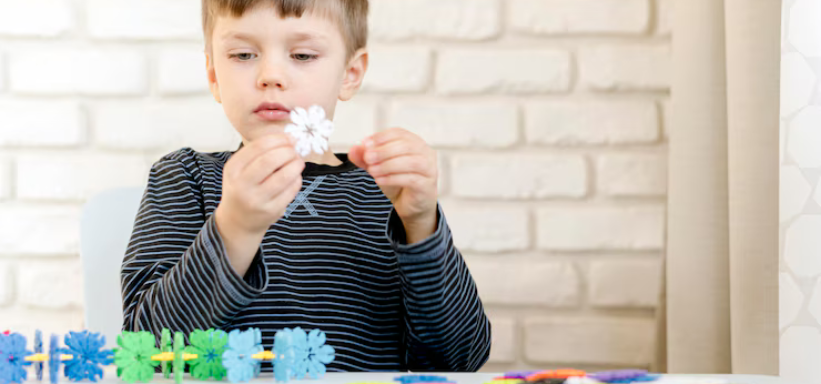
Every parent’s first question is about safety. Here’s what U.S. government–registered trials and FDA data show.
- Mild nausea or diarrhea in 25–40% of participants, resolving quickly.
- Transient drowsiness in about 30%, often during dose increases.
- Appetite reductions in 15–20%, reversible with dose adjustment.
- No intoxication or THC-like effects in high-purity CBD arms.
Liver-enzyme elevations (5–10% in epilepsy studies of Epidiolex) highlight the need for baseline and periodic AST/ALT checks. CBD also inhibits CYP2C19 and CYP3A4, so review all medications with your pediatrician and plan regular labs.
What U.S. Regulation Means for Families
CBD’s legal status can feel confusing. Here’s the quick guide:
- FDA Approval: Only Epidiolex (prescription CBD) is FDA-approved for epilepsy syndromes, not ASD, yet prescribable off-label under Schedule V.
- 2018 Farm Bill: Hemp-derived CBD (≤0.3% THC) is federally legal, but the FDA still regulates products as drugs when therapeutic claims arise.
- State Variations: Laws vary on sales, labeling, and age limits—check your state health department.
- FDA Enforcement: Warning letters target companies making unsupported health claims; consult the FDA’s Warning Letters database before choosing a brand.
Practical Guidance for Parents and Clinicians
How do you introduce CBD safely?
How do you know you’ve chosen the right dose for your child’s unique needs?
- Start low, go slow: 1 mg/kg/day (0.5 mg/kg twice daily), increasing by 1 mg/kg/week to 5–10 mg/kg/day.
- Product choice: Use Epidiolex when possible; otherwise, select hemp-derived CBD with a recent third-party Certificate of Analysis (0–0.3% THC, no contaminants).
- Monitor: Keep a daily journal of sleep, mood, and side effects; schedule liver panels at 1 and 3 months.
- Complement therapies: Continue ABA, speech, and occupational interventions; watch for drug interactions with valproate, clobazam, or SSRIs.
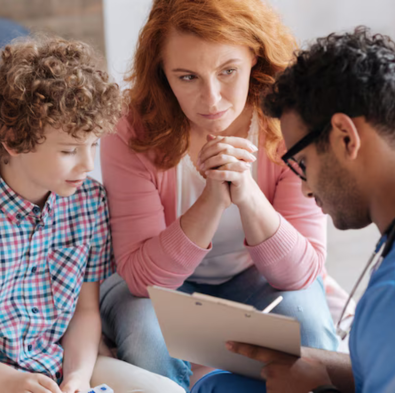
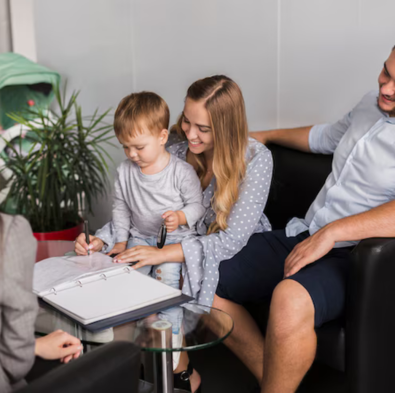
Frequently Asked Questions from Parents (FAQs)
1. Will CBD “high” my child?
2. How soon will I notice changes?
3. What side effects should I watch for?
Drowsiness: About 30% experienced transient sleepiness during dose increases.
Appetite changes: Short-term reductions in 15–20% of participants.
If side effects persist beyond 1–2 weeks, consult your child’s physician for dose adjustment.
4. Could CBD interact with my child’s medications?
5. Is long-term use safe?
Embracing a Brighter Tomorrow
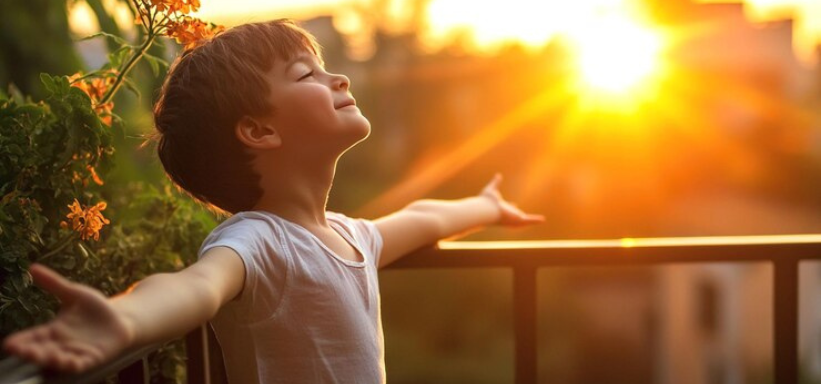
By staying engaged with the latest U.S. trials, partnering with a knowledgeable pediatrician or child psychiatrist, and choosing rigorously tested CBD products, you’re giving your child a real shot at calmer days and deeper connections.
As you track their progress and weave CBD into a comprehensive care plan, remember that each small step forward—whether it’s a restful night’s sleep, a shared smile, or a moment of unprompted eye contact—brings your family closer to the peace you’ve been seeking.
With science on your side and a supportive community behind you, a more hopeful tomorrow is within reach.
Ready to explore whether CBD could be the right fit for your child? Contact Dr. Rosado today to schedule a consultation and take the first step toward calmer, more connected family moments.
**Disclaimer:** This content is for educational purposes and does not substitute medical advice. Consult a qualified pediatrician before starting CBD. (add only if not there)
